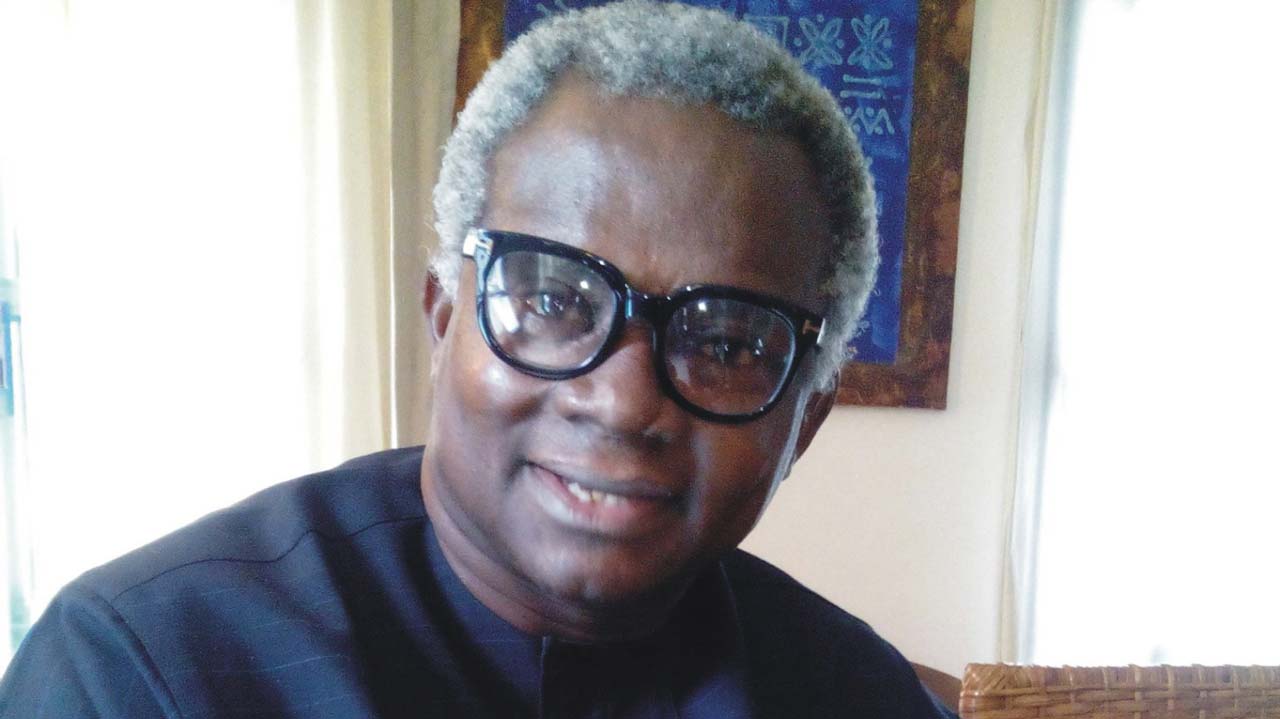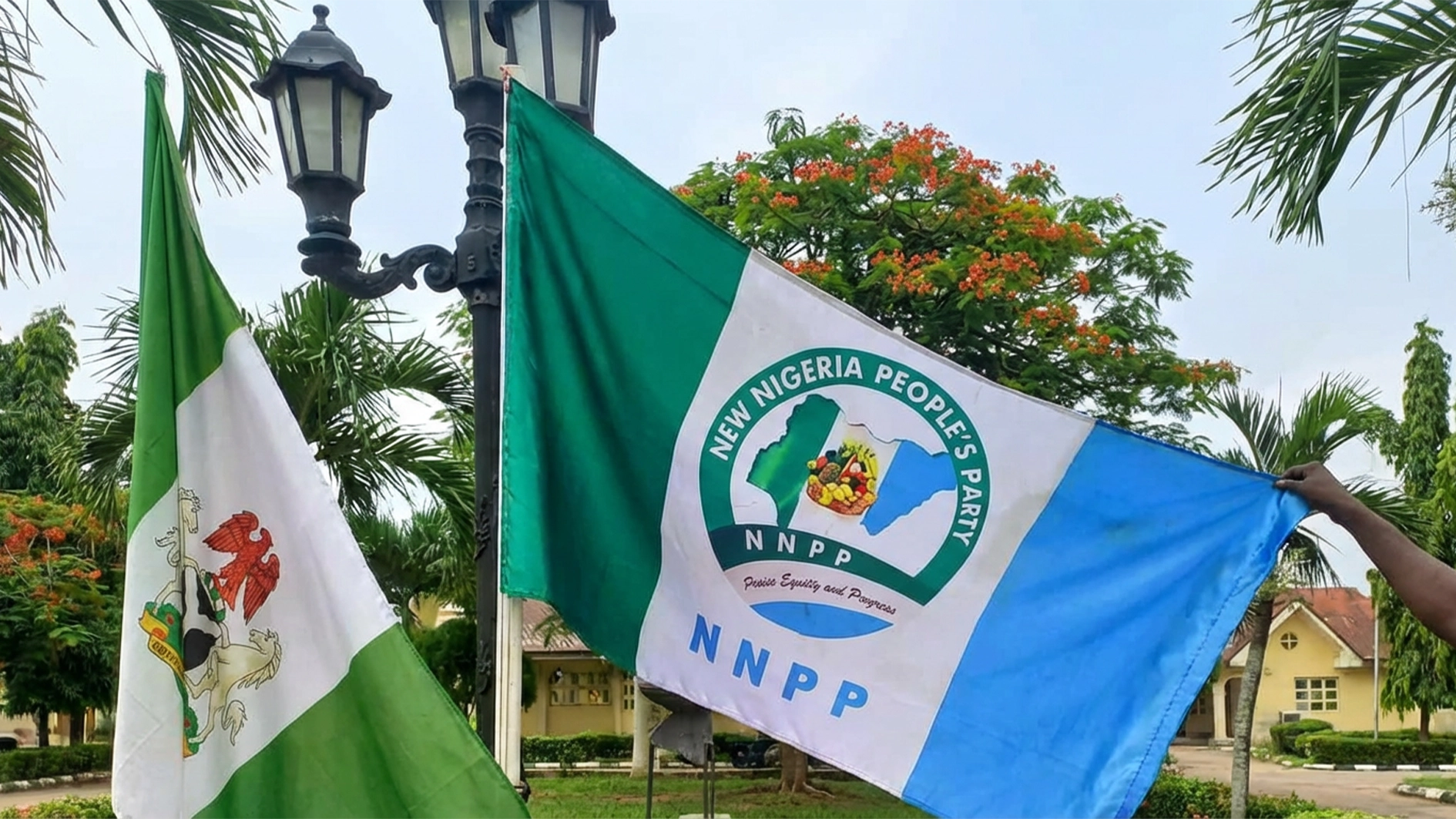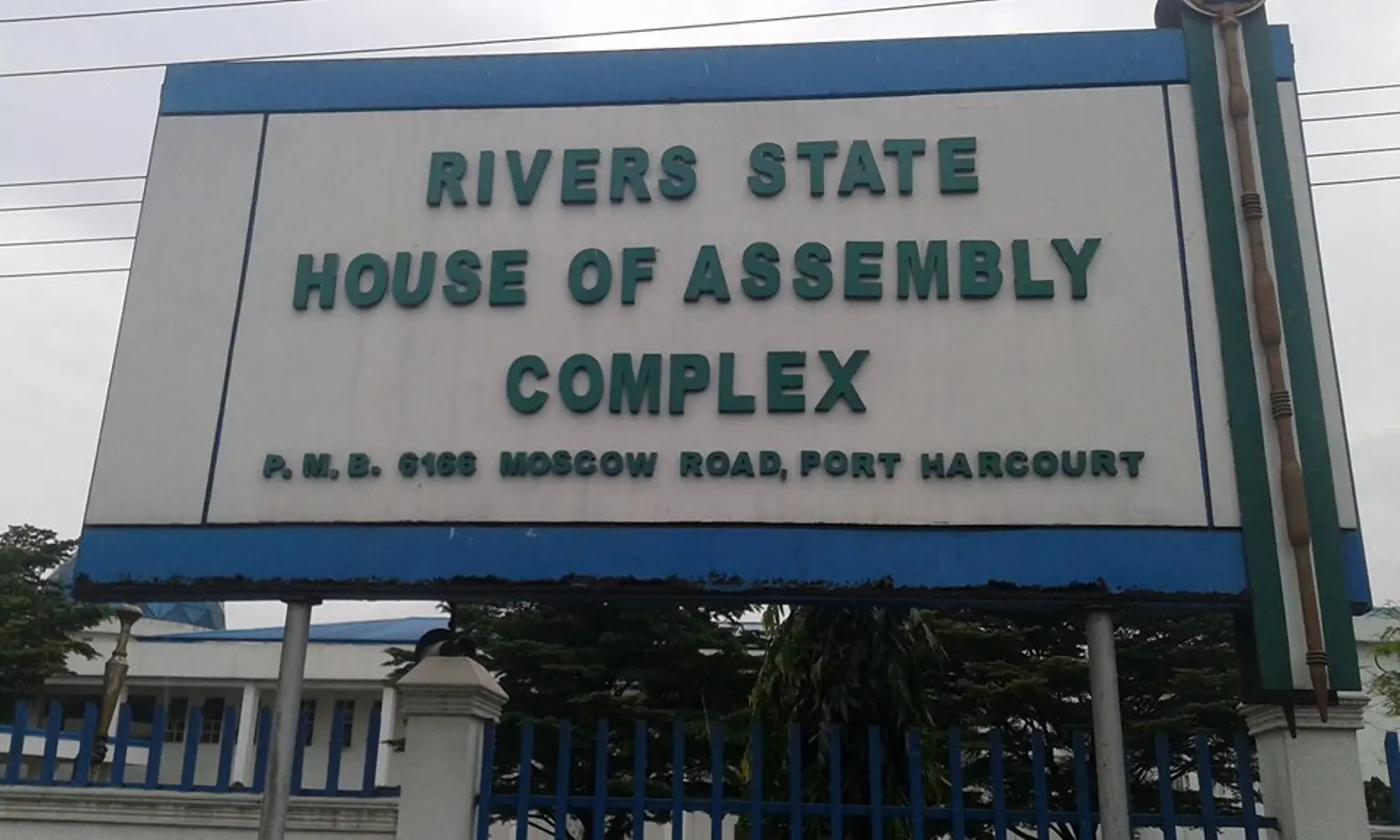
Former Director General, Voice of Nigeria (VON), who is also an All Progressives Congress (APC) chieftain, Osita Okechukwu, in this interview with LAWRENCE NJOKU, spoke on challenges facing the party in delivering its campaign promises amid alleged pushback from governors. He also lamented the hijack of South-East APC by ‘political bandits’ coupled with the hurdles that await regionalism agenda.
What would you say the federal government and the ruling All Progressives Congress (APC) have learnt from the recent protest against hunger and #EndBadGovernance, especially bearing in mind threats of another round of protests?
The truth of the matter is that the protest against hunger was simply a painful reminder because we were fully aware of the danger posed by hunger, abject poverty, gross unemployment et al, which we inherited. Remember that immediately after we won the presidential election in 2015, global oil prices nose-dived, as if calamity was at the door waiting for us. And you know that when our mono foreign exchange earner – the almighty oil – coughs, definitely we must sneeze and sense danger ahead.
Ordinarily, you don’t need a prophet to inform you that it’s pretty difficult to effect the change we pledged and meet up with all the laudable projects our great party canvassed to deliver during the electioneering campaign. And when by whatever forced and unforced errors you fail in politics to match promise with delivery of dividends of democracy, prepare for Armageddon. We are even happy that the Armageddon that some naysayers predicted didn’t happen, some wanted regime change and some wanted state paralysis.
Oil alone as natural resources accounts for 90 per cent of our foreign exchange and over 10 per cent of our Gross Domestic Product (GDP). Therefore, any drastic alteration to less than $40 per barrel portends harm on its way. This is a product that its price fluctuates arbitrarily off our control curve in the global arena. So, we made a promise to Nigerians and we are committed to those promises. That is all I can say.
The summary of the 10-day protest is that APC has nothing to offer and has failed to meet expectations of Nigerians. Are you not worried about this?
Permit me without equivocation to submit that your summation is inaccurate as our citizenry are aware that the economic meltdown was consequent to many factors. One of which is the 16 years of our sister political party’s planlessness and squandermania, where for instance like in the South-East, neither was any federal/state roads nor second Niger Bridge completed.
Without playing the blame game, don’t forget our elders’ admonition that one should not forget where the rain started to beat him, if he wants to gather accurate data. Do I talk of palpable insecurity consequent upon Boko Haram insurgency, the offshoot of PDP government that looked the other way when some governors declared Sharia states, which irreversibly woke up the sleeping extremists in the Northern region or redundant refineries, which led to unprecedented revenue leakage?
APC in 2015 promised to restructure the country. Nine years after, there seems to be no commitment towards the realisation of that promise. Why?
Truly my great party – the All Progressives Congress (APC) – has commenced restructuring from the core tenets of democratic frontiers. Unless you belong to the class of advocates of no regionalism or no restructuring, you will appreciate the milestones achieved.
This class of eminent patriots has unquenchable nostalgia for the return to the regional structure of the First Republic. For them, our underdevelopment is pinned to the current centralist federal government structure. They don’t finger the operators, who vehemently and serially breached Chapter 2 of our Constitution – “the Fundamental Objectives and Directive Principles of State Policy.” This chapter like our Lord’s Prayer in Christianity expressly enumerated the social contract between leaders and the led.
Do we need restructuring to observe the fine provisions of this golden rule that mandates leaders to provide the citizenry with welfare and security? Some legal minds will tell you that this chapter is not justiciable, but as a roadside lawyer one quip, how can a proviso engraved in the oath of office of all principal officials from president, governor down the line be adjudged not justiciable?
There are salient items, which were restructured. Whereas one agrees that the federal government should shed some weights by devolution of some excess powers from the exclusive to concurrent legislative lists. However, it must be admitted that region as a crucial item failed repeatedly in 1978/9, 1988/9, 1995/6, 2005 and the famous 2014 Constitutional Conferences or Assemblies.
To me, we commenced with primary restructuring to advance the frontiers of core tenets of democracy by amendment of the 1999 Constitution of the Federal Republic of Nigeria via granting of financial autonomy to State Judiciary and State Legislatures plus the recent financial autonomy to local government councils, which President Bola Tinubu secured by the grace of the Supreme Court.
We have also restructured items in the critical infrastructure of electricity and railways. Today, every state can now embark on railways and package electricity generation, transmission and distribution without encumbrances from the unwholesome federal government. These are fundamental and development change agents, which are in place to harness. All we need to do is to mobilise and harangue Emperor-Governors, otherwise they will behave as if the federal government has closed all the options.
My understanding is that we are fixated and had over the years transferred all the aggression on the federal government. Regrettably, we lived in self-denial and glossed over the obnoxious transgressions of the Emperor-Governors. Indeed, the governors are killing our democracy and unless we wake up and fight we will remain hungry and poor.
A cursory glance will tell you that state governors are emperors and by doing so emasculated democracy at sub-nationals. And they’re still holding down tenaciously to these levers of power despite these landmark restructuring gains.
Regrettably, not many patriots are paying attention, even to recognise the harm’s way they have driven us into. We need to join hands to crack the governors’ ugly stranglehold on popular participation of the people in governance.
Why did the adoption of regions fail in the constitutional conferences you highlighted?
Basically in the internecine battle for stomach infrastructural politics we play, naturally ancient grudges are wittingly or unwittingly planted and accumulated over the years mostly per intra-geopolitical zones. The creation of states by the military unbundled these grievances and liberated the oppressed weak groups from the strong groups, sometimes ethnic, and sometimes sub-ethnic battles.
Therefore, it became impossible for those who are now enjoying the freedom they got from the creation of states to concur to regionalism. They don’t want to go back to the proverbial Egypt. This trust deficit that works against regions has federal character. For instance, in the South-East, Abia, Ebonyi and Enugu states will prefer more states than going back to the region with Anambra and Imo states. Same is applicable to Osun, Ekiti, Ondo versus Ogun and Oyo, who dominated them over the years. In the North, the trust deficit is more glaring that nobody from the minorities will like to dine with their oppressors.
Rather, the newly oppressed in the new states emblem are clamouring for more states than regions, and this is the case exemplified in Benue State. That’s why the highest achievement of the agitators in the line of regionalism was conventional geopolitical zones – South-East, South-South, South-West, North-West, North-East, and North-Central – by name but not etched in black and white letters of law in our Constitution. This is despite the gallant efforts of patriots like Pa Ayo Adebanjo and former Vice President, Dr Alex Ekwueme, who led this onslaught in the 1995/6 Abacha constitutional conference.
South-East is fast acquiring the toga of an insecure region with high level of criminality, killings and abductions. People no longer feel safe doing anything in the region. Where do we go from here?
My brother, I hate broaching this nauseating imbroglio, to be frank. Even our enemies will not pray for it to continue. Where do I start when I am aware that Nigeria has been overwhelmed by bandits of multi-colours, mutating, and escalating by the day?
The external banditry are those who misuse ECOWAS Treaty of free movement to perpetrate herder-farmer clashes that had driven our farmers out of their farms. And more painful is on the local axis are bandits who assume that if they make their domain ungovernable, the federal government will be shaken. This is pure fallacy of generalisation, even as some others are concerned that South-East is ungovernable but some are happy. Our people should take a lesson from the Japanese and Germans who after the devastation of World War II, characteristically let bygones be bygones and moved on. That’s the resorgimento of both giants from the ashes of defeat.
What do you think should be the propelling factor to make the South-East embrace APC fully?
In no distant future, South-East will embrace APC as an amalgam that the great Owelle, Zik of Africa would have embraced. The first problem we have is that some bad elements from PDP stock had hijacked APC in our region and our people are loathing and repulsing these political bandits.
Second is the ancient stereotype of the assumption that APC elements are opposed to restructuring and by extension regionalism? This is not as highlighted above, for the issue at stake is that some think that democracy is revolutionary, it’s not, but evolutionary. All gains made in advanced or nascent liberal democratic states had been incremental, slow and steady.
Enugu APC has carved the niche of a state chapter always in crisis. Currently, it is engulfed in another crisis over the chairmanship seat. Is it possible to have an APC that can win elections in the state?
We are already working with like minds to mobilise our committed members that were alienated by political bandits.
Luckily the national leadership of our party is reviewing the state of health of state chapters nationwide. They now know that Ugo Agballah, who those who recruited him boasted is a mobiliser could only mobilise 4,722 votes during the presidential election of 2023, whilst we got 56,000 plus in 2019. The party cannot gamble him anymore. The process of easing him out has commenced.
What will you say about the South-East Development Commission (SEDC) recently approved?
I congratulate those who lobbied for convocation of the intervention agency. However, in terms of development what the region needs urgently is critical physical and social infrastructural upgrade. The infrastructural deficit in the Southeast is unbearable and unbelievable as most roads are in shambles and the Standard Gauge Railways in the western corridor is totally absent in the eastern corridor and the cry for electricity. My fear is that the usual development of elaborate offices and bureaucracy of the SEDC may chop off some funds needed for critical infrastructure.






